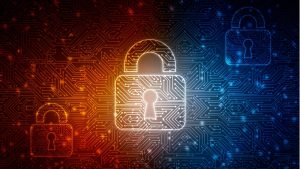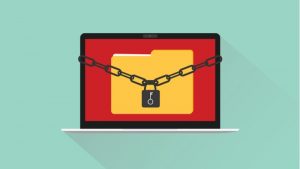Despite a downtick in number of states using paperless voting equipment since 2016, eight states are still expected to use paperless machines in the 2020 election, according to an Aug. 13 Brennan Center for Justice report.
The National Association of Secretaries of State (NASS) announced the appointment of new NASS committee co-chairs Aug. 6.
The state and local government sector is seeing strong growth in the adoption of DMARC email authentication, but still lags far behind the Federal government and has much room to improve, according to a recent report from Valimail.
The Department of Homeland Security’s Cybersecurity and Infrastructure Security Agency (CISA),the Multi-State Information Sharing and Analysis Center (MS-ISAC), the National Governors Association (NGA), and the National Association of State Chief Information Officers (NASCIO) released new recommendations to help state, local, and tribal governments safeguard against ransomware, and urged governments to take “immediate action” to prevent attacks.
The governor of Louisiana, John Bel Edwards, issued an emergency declaration on July 24 in response to a series of cybersecurity breaches at local school districts. The emergency declaration enables the state government to share more resources to counter the breach.
New York Governor Andrew Cuomo signed legislation on July 25 that amends state data breach law by imposing more expansive data security and data breach notification requirements on companies.
The Syracuse City School District (SCSD) and Onondaga County Libraries, both in New York, were hit with a Ryuk ransomware earlier this month.
The Senate on July 8 unanimously approved the Defending the Integrity of Voting Systems Act, which was sponsored by Sens. Sheldon Whitehouse, D-R.I., Richard Blumenthal, D-Conn., and Lindsey Graham, R-S.C.
Rhode Island Gov. Gina Raimondo, a Democrat, has eliminated the Cybersecurity Officer position from her cabinet. Unlike most states, which are pouring additional funding into cybersecurity, Raimondo has cut all funding from the Cybersecurity Officer’s role, which was held by Mike Steinmetz since the position was created in 2017. The Cybersecurity Officer functions will be distributed among other state agencies, according to a published report.
The National Governors Association (NGA) published a report examining state cyber disruption response plans, and providing recommendations for state officials who want to create or review their own response plans.












